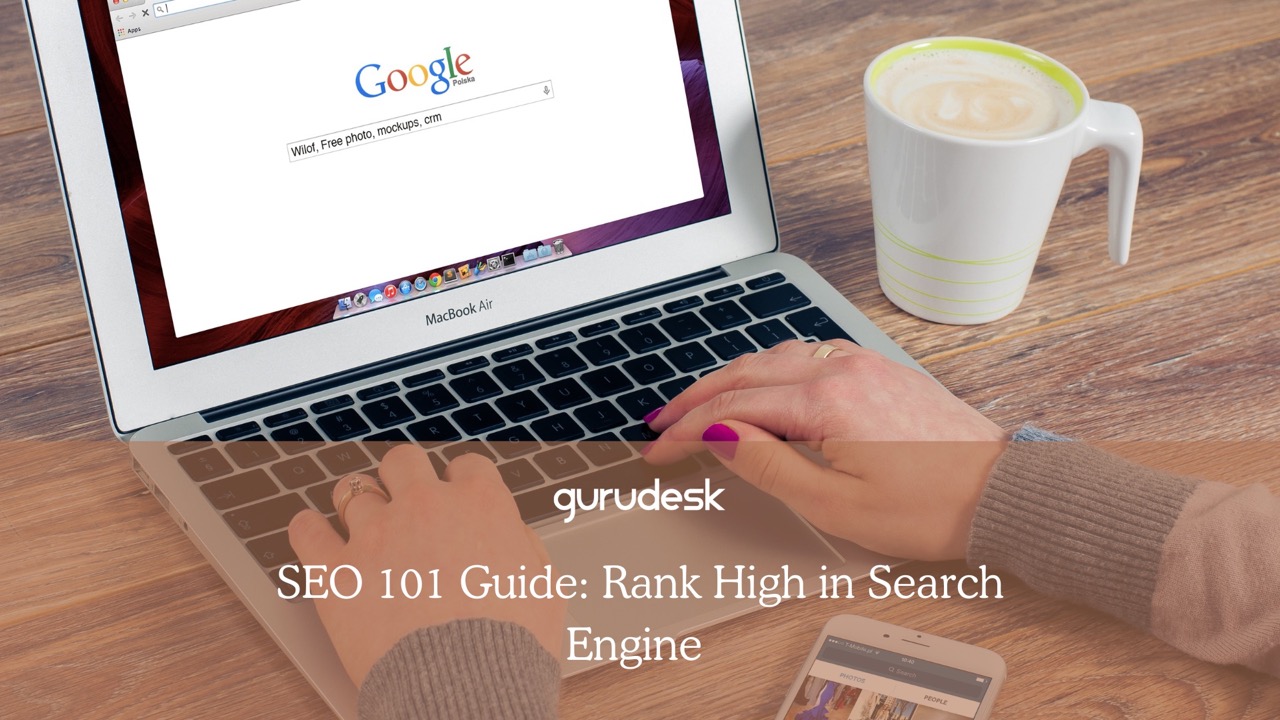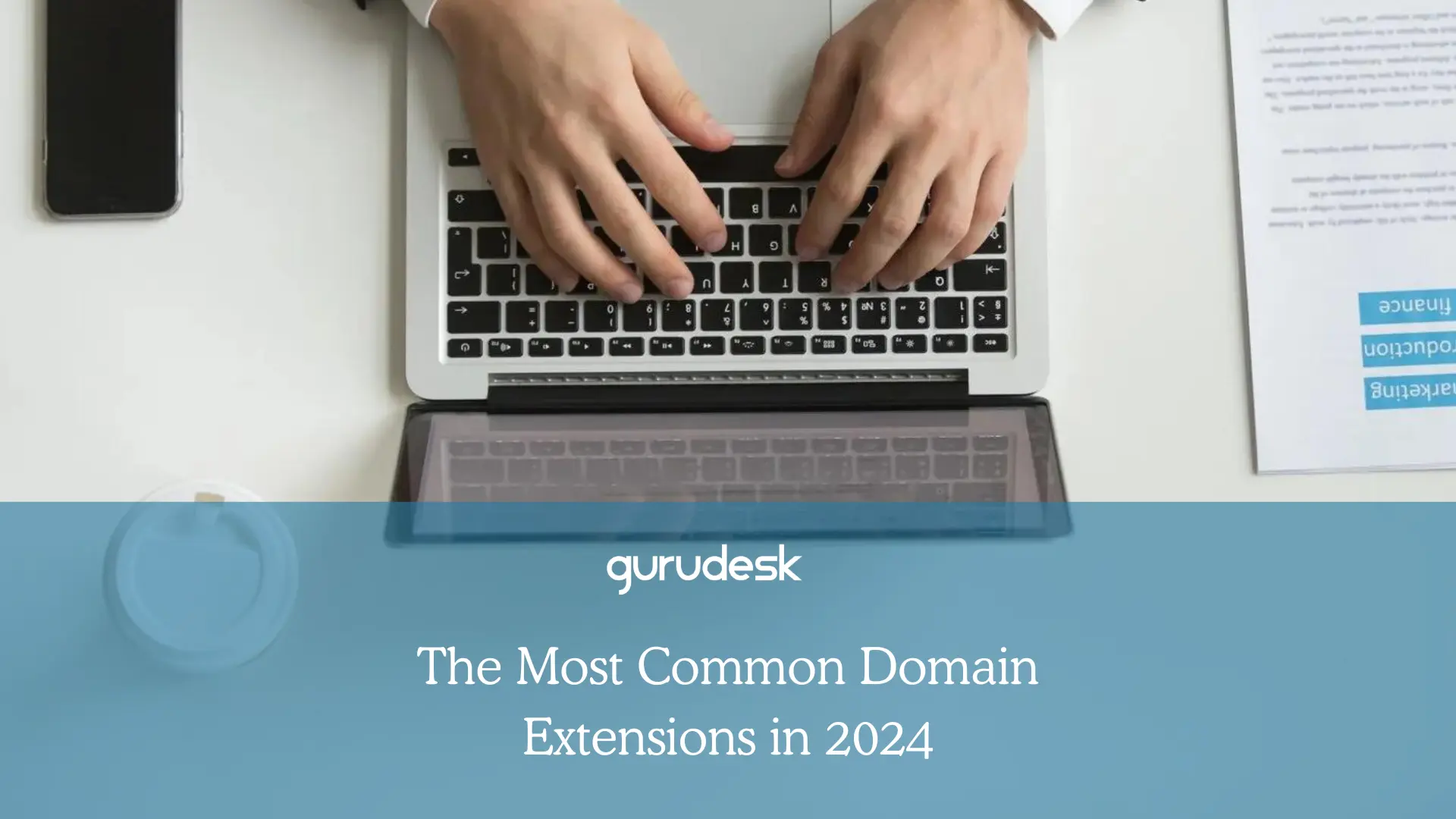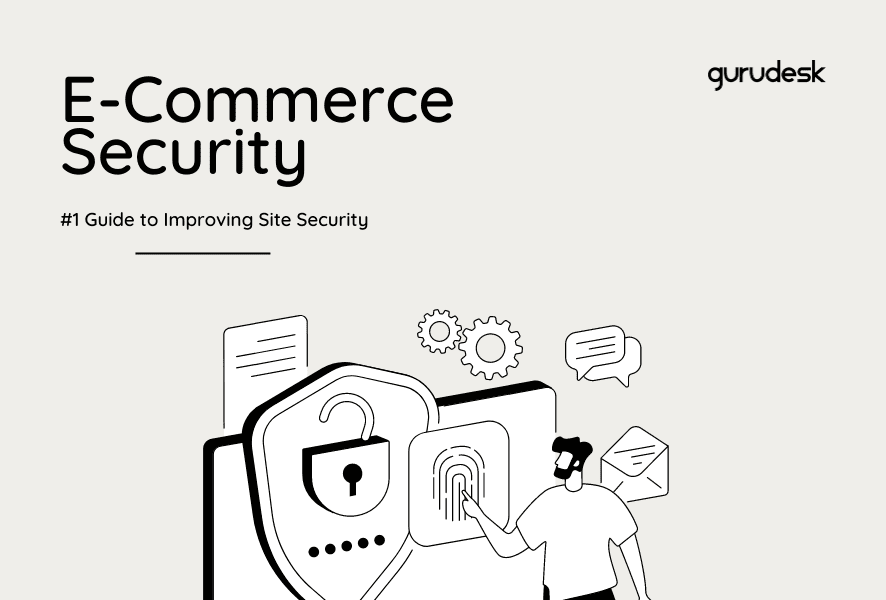
Being on the World Wide Web is a threat. Similar to how physical stores hire security guards and place cameras to prevent theft, online stores need to place firewall architecture to ensure that no information, internal or external, gets breached or worse, stolen.
What is Ecommerce?
WordPress, a popular Content Management System, offers Ecommerce sites, most commonly used being WooCommerce, which is the buying and selling of products and services through online platforms. To know more about WooCommerce, we recommend you read our blog, WooCommerce Hosting 101, for an in-depth look at Ecommerce.
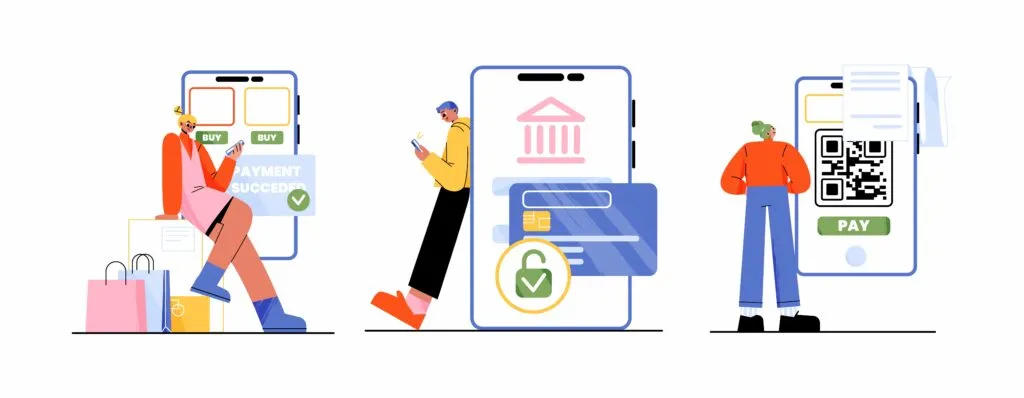
What is Ecommerce Security?
With an obvious increase in online shopping and payment gateways going digital, ecommerce security measures have become a necessity for both business owners, as well as customers. Ecommerce Security refers to a set of guidelines that offer safe online transactions.
Key Aspects of Ecommerce Security Protocols
In order to fully delve deeper and understand the security measures that are placed onto your website, it is necessary to know the different aspects of ecommerce security:
SSL/TLS Encryptions
Secure Sockets Layer or Transport Layer Security is considered to be the most basic and essential measure for ecommerce security measures. Assisting in the protection of sensitive data such as credit card details, passwords and other personal, confidential data, these encryption tools are used to prevent the interception of hackers.
Strong Authentication

We’ve seen it become more popular with Google, for example, where you would sign into your gmail account, and would be asked to verify your account through two-factor authentication method (Multi-factor authentication (MFA), 2-factor authentication (2FA), or 2-step verification (2SV)). Strong authentication ensures that only authorized individuals can access sensitive information.
Payment Security
Another important factor in ecommerce security is payment security. Through the use of payment gateways, online retailers must use and comply with Payment Card Industry Data Security Standards (PCI DSS) to make sure that customers credit card details is protected and secure.
Secure Hosting
When you choose a Web Hosting Provider, we’re pitching for GuruDesk, it is of maximum importance that your hosting provider regularly updates security measures to protect against known security vulnerabilities.
Regular Security Audit
When a business is going through the ecommerce route, it is important that ecommerce businesses conduct regular security audits to knit-pick and identify potential threats in their systems. This allows for a reasonable tactic of offering and implementing solutions.
Data Backup and Recovery
Another important thing to consider for ecommerce businesses is that it is necessary to continuously and regularly back up data and have a plan for data recovery in case of potential security breach or other data loss.
User Education
Regardless of the likelihood of a security breach, users should be educated about potential security risks and how to best protect themselves against them.
What are Common Ecommerce Security Threats?
There are several common security threats to keep in mind that may potentially affect your online business. Here are some of the most prevalent threats:
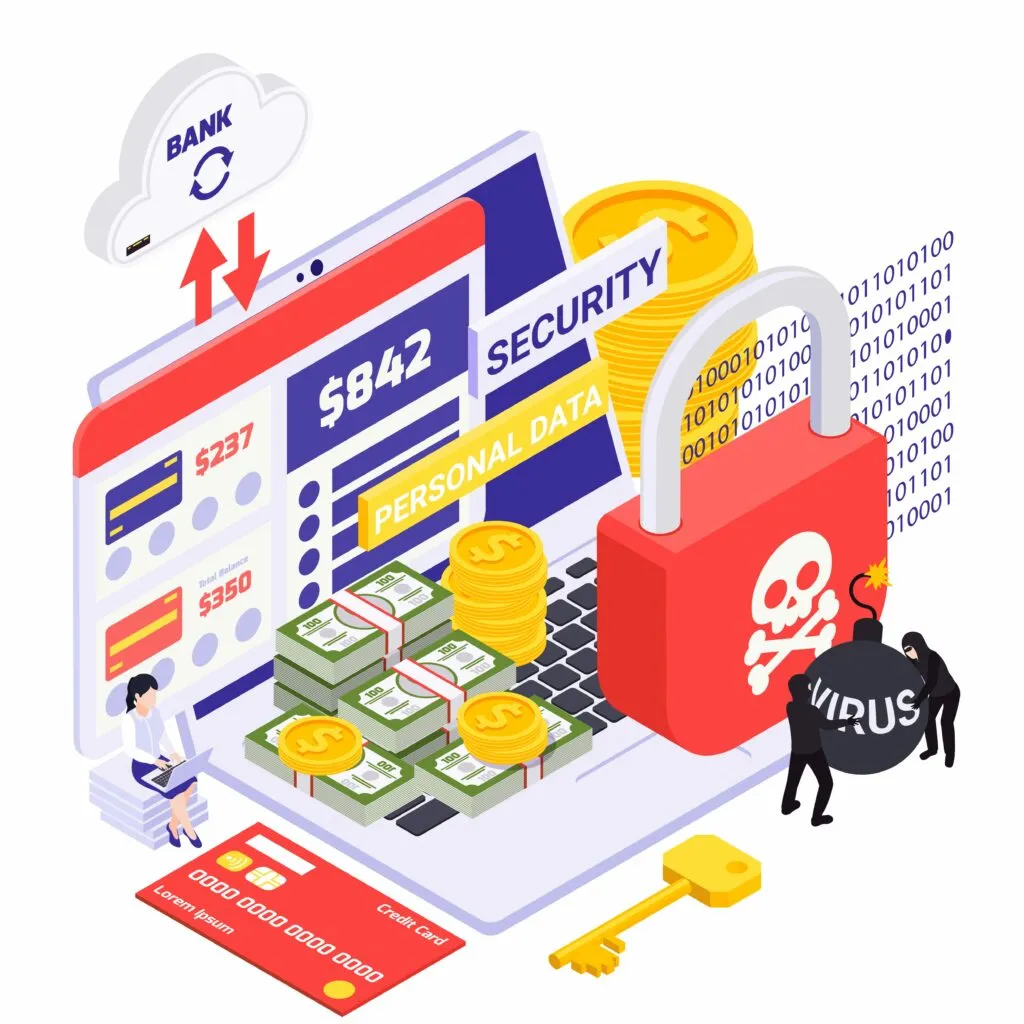
Phishing Attacks
A type of Social Engineering attack, Phishing attacks is where hackers use fraudulent emails or websites to trick users into revealing any sensitive information, which might be usernames or passwords.
Malware Attacks
Malicious software designed to not only damage, but disrupt computer systems. Hackers will use malware to potentially steal sensitive information or gain unauthorized access to ecom sites or servers.
Distributed denial of service (DDoS) attacks
Involving overwhelming a website or server with a large amount of traffic, DDoS attacks make it unavailable to legitimate users to access an ecommerce site.
SQL Injection Attack
The exploitation of vulnerabilities in a website’s database to gain access to sensitive information, may it be customer data or payment details.
Cross Site Scripting (XXS)
XXS attacks involve injecting malicious code onto a site’s page, which therefore, would lead to hackers gaining access and stealing sensitive information from users visiting the website.
Man-in-the-Middle (MitM)
Involving the interception of connections between two parties, user and ecommerce site, to steal sensitive data.
Brute Force Attacks
You know when you create a new account and you’re asked to write a hard password through the use of more than one thing. It’s there for a reason. Through the use of automated tools to guess passwords or other authentication credentials, hackers gain access to ecommerce websites and systems.
Ecommerce Security Regulations
Certain regulations need to be enforced when you’re collecting customer data. In order not to risk losing your customers trust, there are several regulations that ecommerce sites must comply with for safety and privacy reasons:
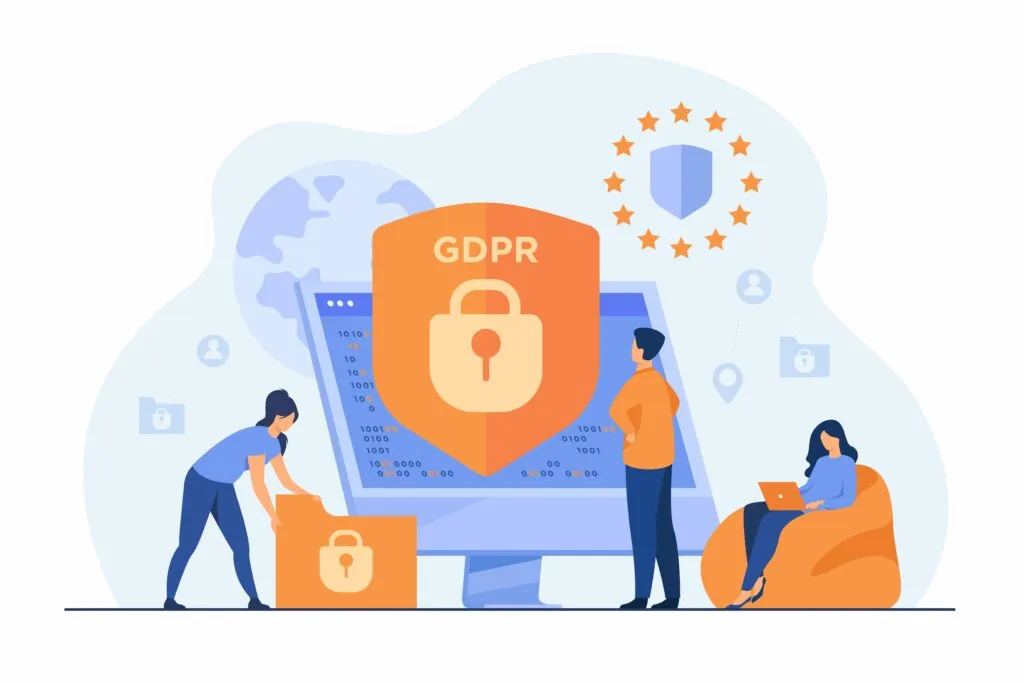
General Data Protection Regulation (GDPR)
Implemented by the European Union, businesses are required to protect personal data of EU citizens which grants these noted citizens rights, such as the right to access and delete information.
Ecommerce businesses hoping to collect data must implement appropriate security measures to ensure the protection of personal data.
California Consumer Privacy Act (CCPA)
For those living in California, this regulation gives certain rights to customers’ personal information such as knowing what information is being collected and the request that allows for the deletion of the data.
The CCPA requires inclusion of privacy policy which obtains consent for data collection, to implement appropriate security measures.
Ecommerce Security Plugins
There are many ecommerce security plugins that can help businesses enhance and better protect their online stores. Some of the popular options are:
Sucuri Security
A well-known security plugin that provides a suite of tools assisting in the protection of ecommerce sites from any cyber attacks, Sucuri Security offers many important features. The plugin includes a web firewall, malware scanners, and security hardening features to keep your ecommerce site secure.
Wordfence Security
Providing a range of features to protect WordPress ecommerce sites from threats like hacking, malware and spam. Wordfence Security plugin helps block malicious activity to protect sensitive customer data.
iThemes Security
A comprehensive security plugin, iThemes includes over 30 different security measures to help protect your ecommerce sites from a range of threats.
Jetpack Security
A popular plugin, Jetpack Security helps protect ecommerec sites by featuring malware scanning, brute force protection, and downtime monitoring to make sure that ecommerce sites are secure and available to customers.
All in One WP Security and Firewall
A free plugin that provides a multitude of security features to help protect ecommerce sites from common threats. The all-in-one WP security and firewall includes a range of features such as login security, file system security, and database security to help secure and protect ecommerce sites.
Customer Data

The top priority when it comes to ecommerce security is how to best protect customer data. When a potential customer visits your store, they need to know and believe that there won’t be any online threats ahead. Customers trust online stores with sensitive information shared and that could be their name, address, credit card details, as well as other personal data.
Ecommerce Store
Any breach of personal customer data will have severe consequences on not only the customer, but the business owner. Ecommerce businesses must take all measures to secure data and that could be through the use of SSL certificate/TLS encryption, or implementing strong authentication measures, and regularly monitoring systems for the smallest or biggest threats.
Security Measures
To prevent cyber threats, your team must undergo security training. This not only creates a stronger foundation, but helps your team understand the different measures that hackers will go through. Through the web server, your team will be able to implement anti virus software to protect their overall safety, your business and your customers. Your employees will be properly trained on storing data, credit card transactions and how to best secure electronic transactions.
Ecommerce Security
Now that you know the best way to secure your ecommerce site, we expect nothing but top-notch security that not only protects your customers, but improves trust in your customers leading to positive reviews and feedback!
Online businesses are continuously growing, but those who survive are those that maintain website’s security. Ecommerce business owners are responsible for keeping their customers’ information confidential, secure and protected at all times.
If you choose to have GuruDesk as your hosting provider, we offer optimum security for our clients. We understand the necessity of protecting users from online threats and that’s why we put your needs first. As your Hosting Provider, we are able to offer you security through three layer firewalls:
- The First layer uses DDoS Protection, WAF, as well as SSL, to protect your targeted server/network.
- The Second layer offers 360 protection, as well as WAF and Fail2ban 2. Server site: 360 protection, as well as WAF, Fail2ban, protecting Linux virtual server host against many security threats.
- The Third Layer offers Data Center Firewall and protocols, which protect and secure traffic from specific ports, to avoid any breach.
Join the GuruDesk community and be among the first ones to discover the hottest trends in web services! We are a team of web experts and we love sharing our knowledge and experience with our readers! We share tips and tricks on a wide range of topics, including web development, cloud services, and hosting. Whether you are a seasoned pro or just starting out, we promise you will find valuable information here. So go ahead, hit that “Subscribe” button and let the fun begin!



